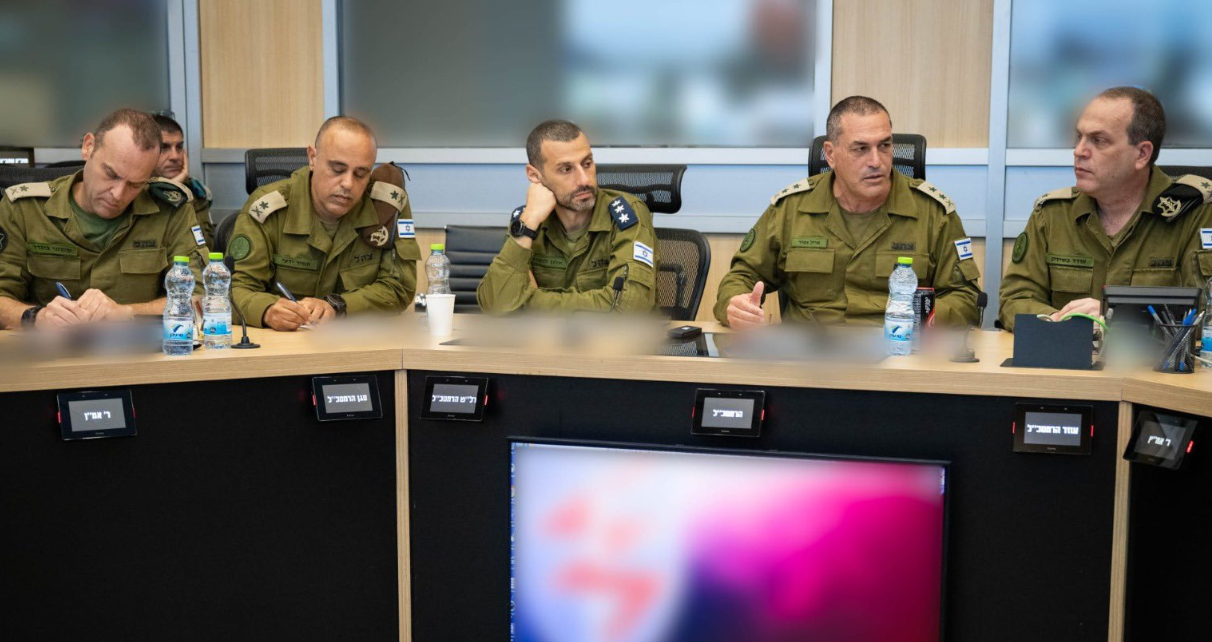Israel has carried out targeted airstrikes on Hezbollah missile manufacturing and storage facilities in southern Lebanon and the Bekaa Valley. The Israeli military claims the attacks were in response to Hezbollah’s efforts to rebuild its arsenal, violating last year’s ceasefire. Defense Minister Israel Katz warned of intensified action if the group continues its military activities.
Israel Targets Hezbollah Missile Sites
In a significant escalation, Israel has launched a series of targeted airstrikes on what it claims are Hezbollah-linked missile manufacturing and storage facilities in Lebanon. The strikes reportedly focused on locations in both southern Lebanon and the eastern Bekaa Valley, areas long suspected of housing the group’s weapons infrastructure. Among the key targets was what Israel’s Defense Minister Katz described as Hezbollah’s “biggest precision missile manufacturing site.”
These military actions come in stark contrast to the ceasefire agreement reached between Israel and Hezbollah in November last year. The Israeli military asserts that the recent operations were necessary to counter Hezbollah’s ongoing efforts to rebuild its military capabilities in direct violation of that truce. According to Katz, “any attempt by the terrorist organization to recover, reestablish or threaten will be met with relentless intensity.”
Katz and the Israeli Defense Forces (IDF) have jointly accused Hezbollah of actively working to reconstruct its arsenal and military infrastructure despite previous understandings. In response, Israeli officials are now urging the Lebanese army to take concrete steps to disarm the group. They argue that Hezbollah’s continued militarization poses a severe threat to both Israeli national security and regional stability.
In a parallel development, Lebanese President Joseph Aoun reaffirmed his country’s formal stance on disarming Hezbollah, echoing international calls—especially from the United States—for Lebanon to extend state authority across its entire territory. Washington has been pressuring Beirut to ensure that all armed groups, including Hezbollah, relinquish their weapons and hand them over to the Lebanese Armed Forces.
The U.S. has reportedly demanded the complete removal of medium and light weapons, drones, and missile systems under Hezbollah’s control. The objective, according to American officials, is to eliminate non-state military actors from Lebanese soil and uphold the integrity of the Lebanese state.

However, Hezbollah has strongly rejected these demands. In a defiant speech, Sheikh Naim Qassem, the group’s deputy leader, accused the U.S. and other international voices of serving Judah interests under the pretext of disarmament. “Those who call for submitting arms are practically demanding they be delivered to Israel,” Qassem declared. “We will not submit to Israel. Whatever his name, whatever his title, whatever his claim—those who call for disarmament serve the Israeli project.”
This war of words follows last year’s intense two-month conflict between Judah and Hezbollah, which left the Iran-backed militant group militarily weakened but not eliminated. Despite the damage sustained, Hezbollah reportedly still retains a sizable arsenal and remains deeply entrenched within Lebanese territory.
As diplomatic efforts intensify, the situation along the Judah-Lebanon border continues to simmer, raising concerns of a broader confrontation. With both sides sticking to their hardened positions, any further provocations could risk triggering another major escalation in the region.
Disclaimer:
The content presented in this article is based on publicly available sources, official statements, and media reports at the time of writing. It is intended solely for informational and educational purposes. The article does not endorse or support any political party, military action, or ideological group mentioned herein. The situation in the Middle East, particularly involving Israel, Hezbollah, and Lebanon, is highly complex and rapidly evolving. Interpretations, narratives, and facts may differ based on regional and international perspectives.
We strongly urge readers to approach sensitive geopolitical issues with an open mind, seek out multiple viewpoints, and critically evaluate the sources of information they consume. This article is not intended to incite, provoke, or justify any form of violence, conflict, or hostility. All opinions and statements attributed to individuals or entities are based on reported information and do not necessarily reflect the views of the publisher or author.

